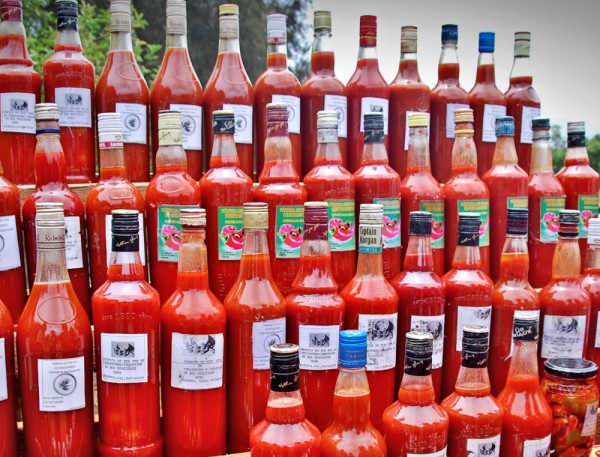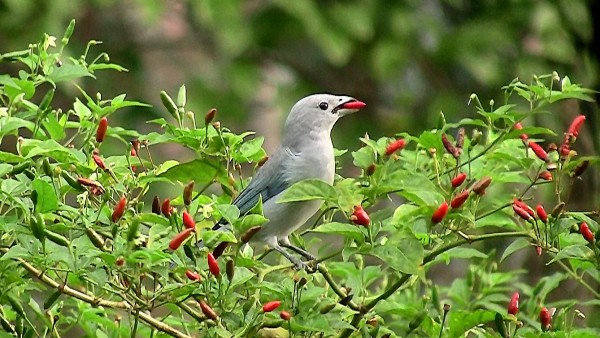Series Introduction (Move down if you’re familiar with the series or don’t care)
In this series, we hope to highlight and showcase in as interesting a way as possible, the stories behind our favorite, mouth-watering local dishes. While we’ll focus on greater New Bedford and the South Coast, we will occasionally “travel” to places like Plymouth, Providence, or even Boston. I will attempt to keep it light-hearted, fun, and easy to read. While I can’t promise to keep you compelled and pull you along with prose – that would take a professional writer – I will promise to be liberal with the drool-inducing images of these dishes.
I grew up in a Sicilian household where everyone – man, woman, child – was participating in preparing meals. It was a “trick” to get everyone together, talking, laughing and of course, the occasional heated debate. Food was a huge part of our identity, where we came from, who we were. There was something special about the atmosphere that revolved around a meal that we prepared.

This is certainly not unique to an Italian or Sicilian household. Every ethnic group in the country has a proud culinary tradition that they grew up around. You can easily replace “Sicilian” with Irish, Vietnamese, Portuguese, Ethiopian, Greek or anything else. This is why food as a topic is always so popular. We humans love our food and that passion goes beyond the gustatory or taste – we crave the aromas, delight in the presentation, are fueled by the atmosphere, and relish – pardon the pun – discussion about our favorite dishes, restaurants or cuisines.
One thing that is often not discussed – is glossed over, or barely touched upon – is the history or background of these dishes. Now, to some, this conjures up the voice of the guy from the “dry eyes” commercial. The terms, for many, are synonymous with “boring,” “dull,” or “It’s time to go.” However, the background can be interesting, fun, or funny and it can be so without being facetious, dumbed-down, or popular. I will make every attempt to maintain a fresh balance with those elements in this series.
As always, feedback is encouraged. Anecdotes are wanted. Discussion is paramount. Please join in!
Do you enjoy a little spice in your life? Do you prefer just a little tickle of heat or are you a chilihead who wants the pain? Either way, you will want Piri-Piri Sauce in your life.
Piri-Piri sauce is something familiar to the Portuguese and by proxy those in Portuguese communities in various parts of the world. Having said that, in spite of Piri-Piri sauce being available in supermarkets and Salchicharias, I am still surprised when I hear locals have neither tried it nor heard of it.
You don’t have to be a chilihead to enjoy Piri-Piri sauce – in spite of its appearance and the fact that it uses a pepper of moderate heat, it is only one player in the sauce. If you’re a true chilihead you can always kick it up a notch by adding some of your favorite chili peppers, but the Piri-Piri pepper can be as hot as a “weaker” Habanero or the Scotch Bonnet that is popular in Jamaican cuisine – they range between 100,000-350,000 Scoville Units. However, Piri-Piri is a rich sauce that is best appreciated and enjoyed without insane levels of pepper to temporarily destroy your tastebuds or blast your face off.

The Piri-Piri pepper is sometimes referred to as a Bird’s Eye Chili, African Bird’s Eye, or African Devil pepper because, believe it or not, there are actually birds who enjoy them. It is a cultivar in the capsicum frutescens family of peppers. In other words, a pepper “groomed” by farmers over generations of the pepper so that certain characteristics are bred out or into the pepper.
The pepper it was cultivated from was the Malagueta Pepper which was brought from the Caribbean to southeastern Africa where Portuguese traders discovered it and fell in love with it. The Portuguese explorer Vasco Da Gama arrived in Mozambique in 1498 and the Portuguese ruled the nation for 400 years enjoying the pepper.
 New Bedford Guide Your Guide to New Bedford and South Coast, MA
New Bedford Guide Your Guide to New Bedford and South Coast, MA








